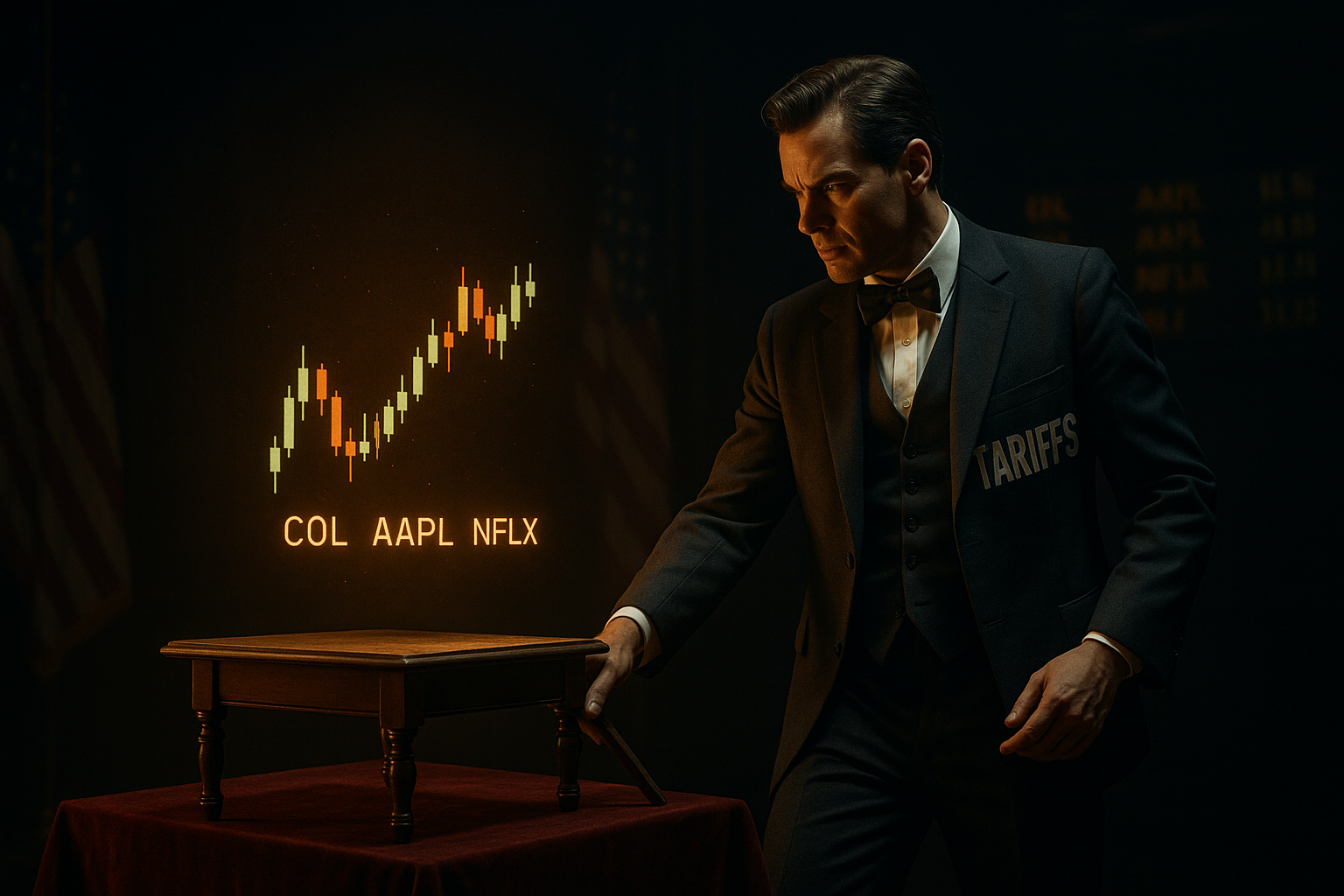I've been tracking the retail disruption game for years, and let me tell you—nothing makes executives scramble like a sudden regulatory change.
Temu, that Chinese ultra-discount wonderland that seemed to defy basic economic principles, just got smacked with a cold dose of Trump-era trade reality. The company has abruptly pivoted to showing only U.S.-warehoused products, with everything shipping direct from China mysteriously labeled "out of stock." This isn't some temporary website hiccup, folks. It's what happens when policy sledgehammers meet business models built on regulatory loopholes.
The culprit? The humble de minimis rule—a bit of customs minutiae that most Americans couldn't care less about until it affects the price of their impulse purchases.
For the uninitiated (and really, why would you be initiated into customs regulation unless you had to be?), this rule allowed items under $800 to enter the U.S. duty-free. When it expanded in 2016, it accidentally created the perfect environment for companies like Temu and Shein to bypass traditional retail economics entirely.
The model was brilliantly simple: Chinese manufacturers ship $12 tchotchkes directly to American consumers with zero tariffs and minimal customs headaches. No wholesalers. No retail middlemen. No American warehousing costs. Just straight from some factory in Guangzhou to a doorstep in Gary, Indiana.
But with de minimis effectively dead, companies face a stark choice—eat massive tariffs (we're talking up to 145% in some cases) or establish legitimate U.S. operations. Temu has clearly picked the latter.
What's almost comical is how they're spinning this tectonic operational shift. Their spokesperson told CNBC this change is about "improving service levels" and pricing "remains unchanged." Right. And I switched from double cheeseburgers to salads because I suddenly developed a passion for leafy greens, not because my doctor threatened me with cholesterol medication.
The reality? Temu saw this coming. They've been gradually building U.S. inventory positions over the past year, reading the protectionist tea leaves long before Trump's return became certain. (Even the Biden administration had been eyeing this loophole with increasing suspicion.)
What we're witnessing is essentially a forced metamorphosis—from a pure cross-border e-commerce play into something that looks suspiciously like... traditional retail. With all its associated costs and complexities.
Shein, meanwhile, has taken a different tack—they're just baking the tariffs into their prices and adding a helpful checkout notification that "Tariffs are included in the price you pay." Translation: "Yes, that $7 top now costs $12, but at least we're being honest about why."
Look, the broader implications here go beyond just cheap shopping sprees. This is trade policy doing exactly what it's designed to do—making imports more expensive or complicated enough that domestic alternatives start looking attractive.
The million-dollar question (or billion-dollar, in Temu's case): Will this actually result in more American manufacturing, or just more American warehousing of Chinese-made goods? Based on Temu's pivot, I'd bet heavily on the latter. They're not announcing American factories—just American fulfillment centers.
For us regular consumers, the golden era of ridiculously cheap direct-from-China shopping is probably winding down. Those $5 sneakers might become $10 sneakers. The economics that made ultra-discount retail possible relied on a specific regulatory environment that's now gone the way of the dodo.
Is this good or bad? Well... that depends entirely on whether you're more worried about America's manufacturing decline or your own purchasing power. There's no free lunch in economics—somebody always pays.
But one thing is crystal clear: in global e-commerce, the devil is in the regulatory details. The obscure de minimis rule somehow became the foundation for billion-dollar business models—and its effective removal is now forcing those same businesses to transform virtually overnight.
Sometimes the biggest business stories aren't about flashy CEOs or cutting-edge tech. Sometimes they're about customs regulations that nobody outside of trade policy nerds could identify in a lineup.




